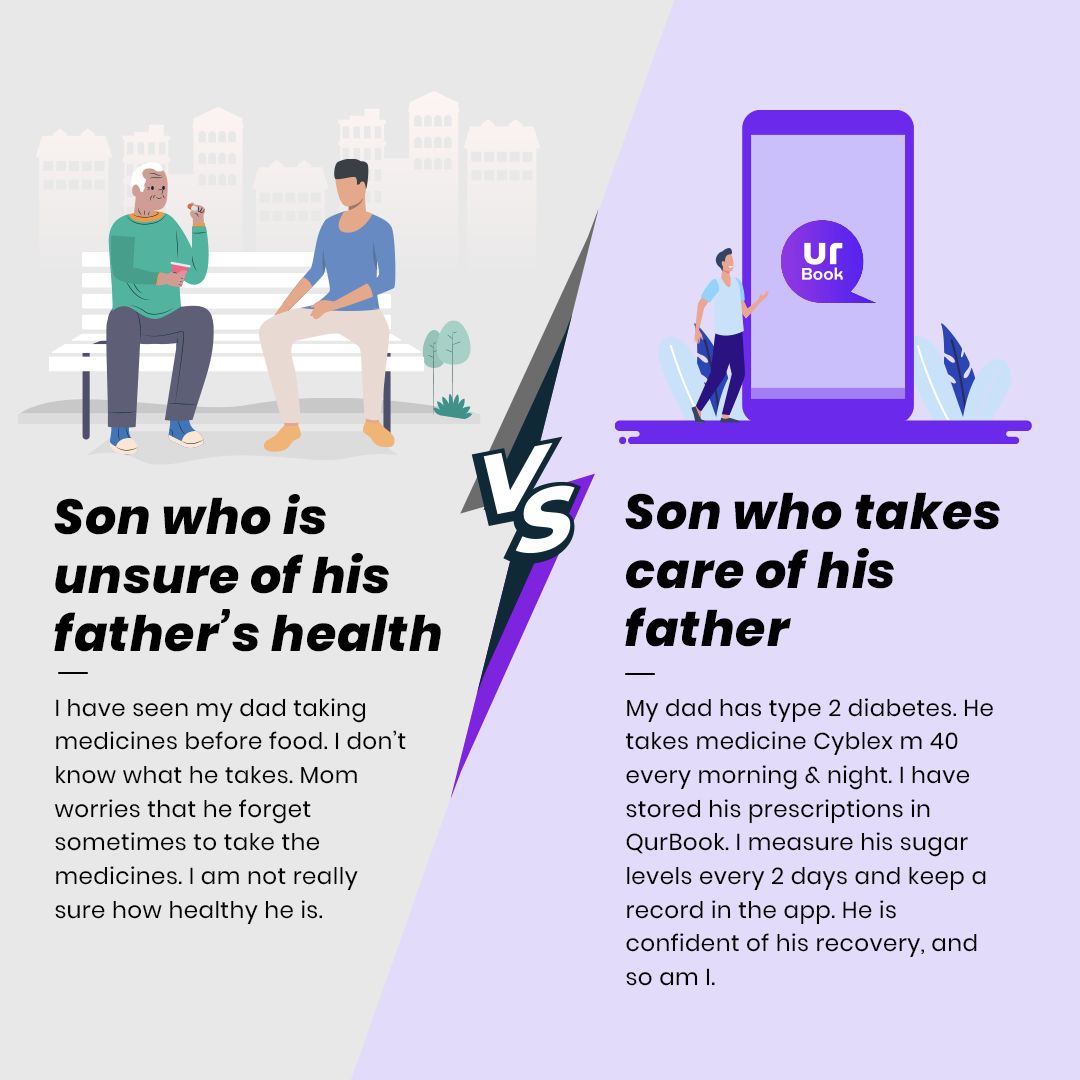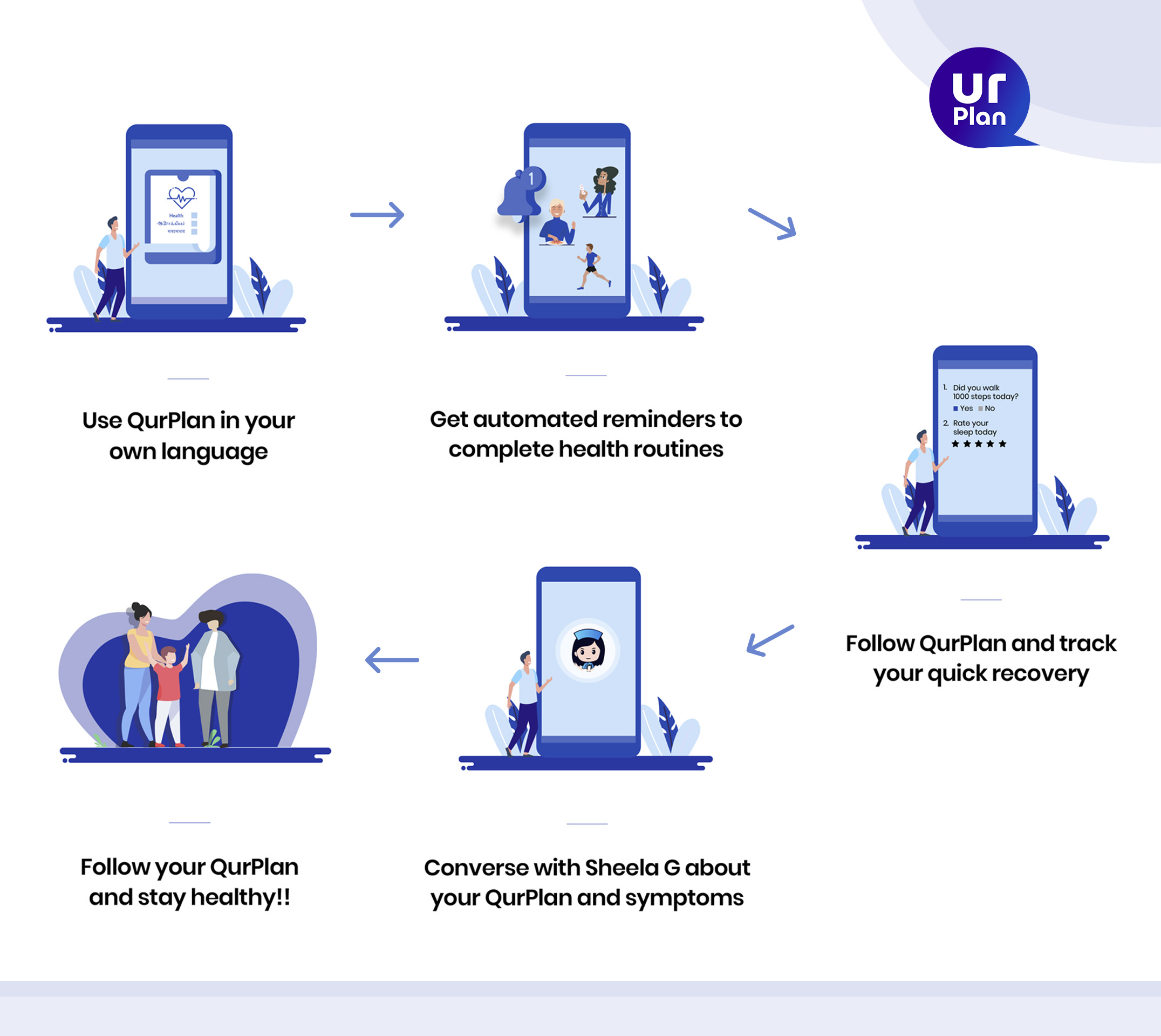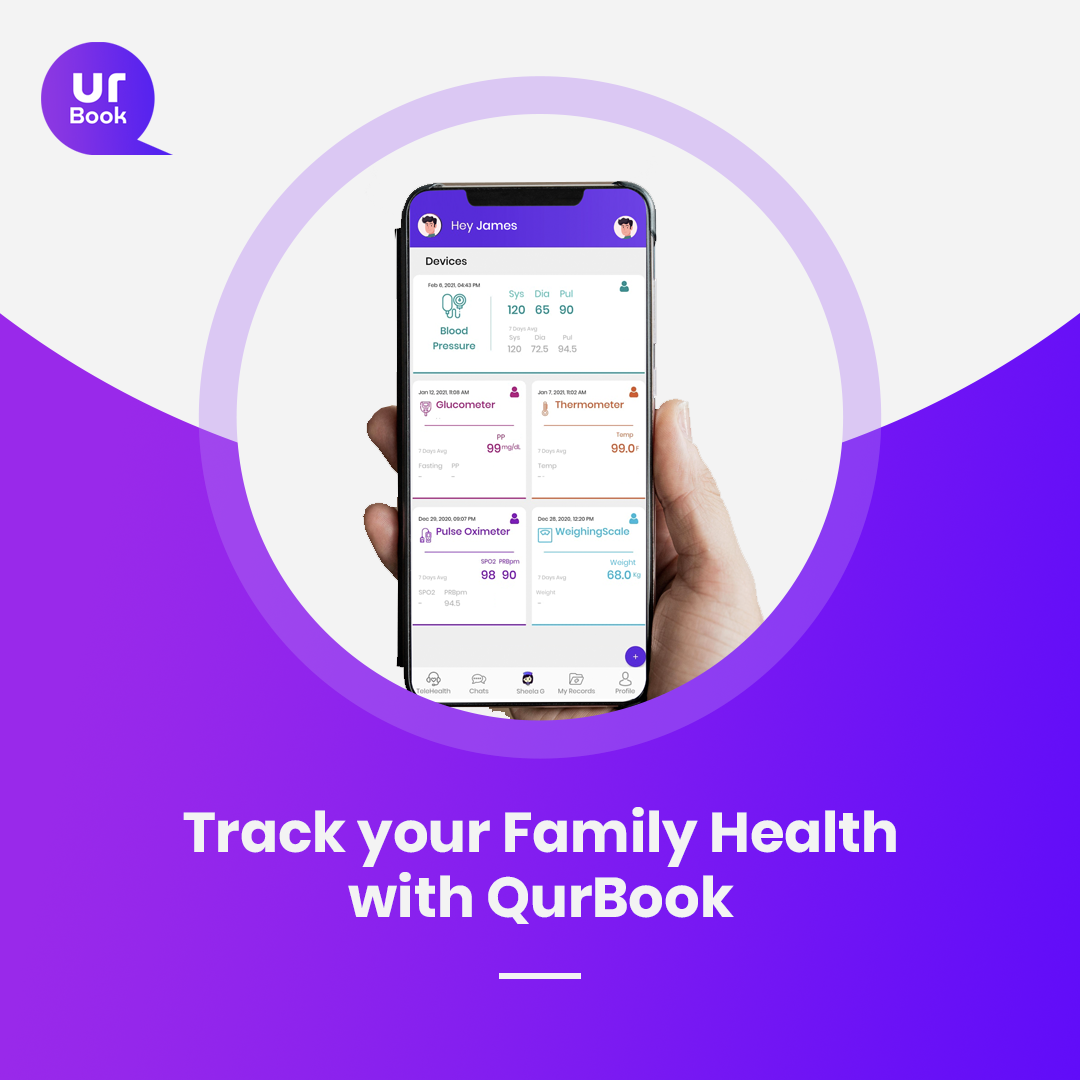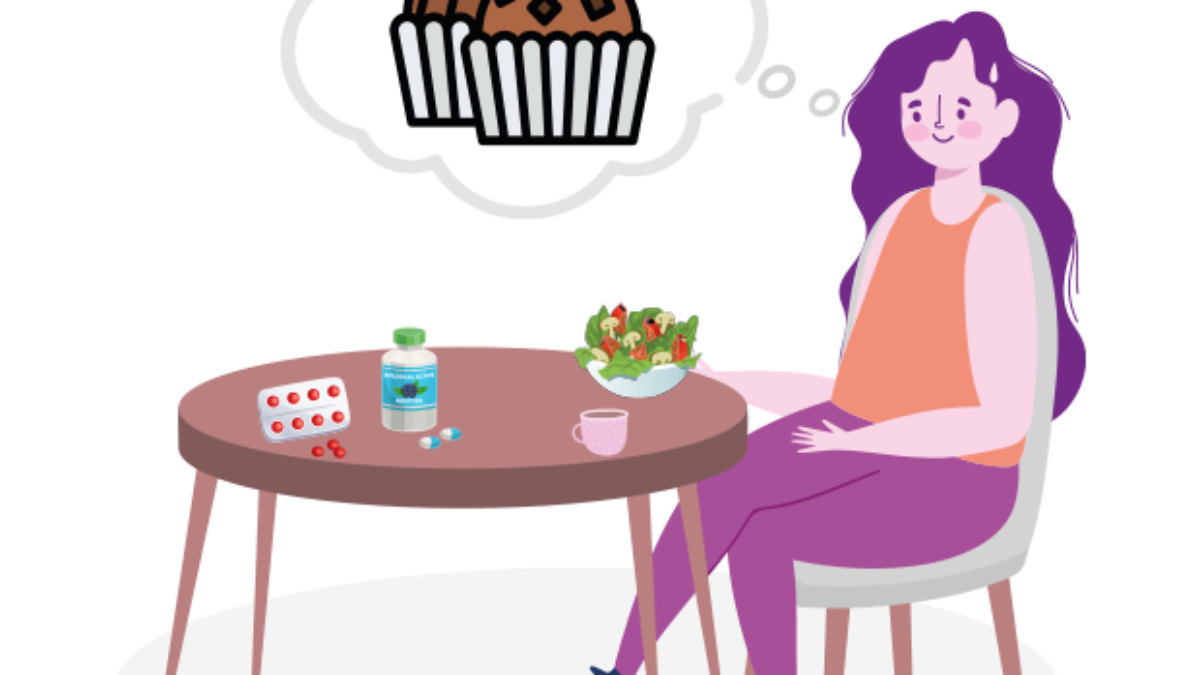Two weeks back, I got to know that my Aunt was admitted. She is in Bengaluru. I am in Chennai. I decided to call my uncle to understand how serious the situation is.
Fortunately, she was alright, except that her sugar levels have shot up. She can’t resist eating chocolates. She doesn’t do walking herself. She takes her morning medications only by 12.00 noon.
Uncle can’t stop complaining. And that got me wondering what is wrong or, rather, where lies the mistake?
Why adults lose the motivation to take care of themselves.
One such comment made by Uncle threw me off the track. “Son, we feel nervous to think about our own health; forget tracking. The moment we do, it makes us very anxious.”
There are many apps designed to track one’s health, but this one comment made a lot of sense.
If one section of adults loves to get proactive about their health, there is equally a bigger section that wants to forget about health, but secretly in desperation wanting someone to take care of them.
My care of my father just stops with buying medicines once a month. I still don’t know what medicines I buy for him. I just carry the empty strip to the shop. I have no idea whether he takes pills on time, whether he eats the right food.
Sometimes when he complains of body ache, a strange sense of guilt fills the mind. I immediately inquire whether we should go to the hospital and if he assures me, no, it’s fine. I assume it is all fine. And that is it.
What do you make of these two situations?
In the first case, we understand that the lady, my Aunt, desperately needs a caretaker.
But in the second case, what’s wrong with me, the caretaker? Am I not really concerned about my father’s health?
Forget me for a second. Because I now use QurBook.

Before I go to QurBook and how it helps me, let me ask this question –
Why don’t we seek health when we are okay?
Only if something is not okay, then we run behind care?
What can we do to change this attitude? But more importantly, what could be the reason for this attitude?
Let’s look at this situation a bit differently.
Let’s say in the first case, my Aunt has a diabetes problem. Her 20-something daughter Shamily accompanies her to a known doctor in her neighborhood.
The doctor advises a care plan. A care plan is a set of healthcare goals prescribed by the doctor to help the patient recover.
So Shamily and her mother, after receiving the care plan on a sheet of paper, come back to their homes on the pretext that everything will be fine.
Everything could be fine only if Ms. Shanthi adheres to the care plan prescribed.
Days pass, and there is every chance my Aunt could slip to her old ways unless Shamily intervenes and helps her mother in the recovery process.
A little bit of effort by the caretaker, in this case, the daughter Shamily, could set things in the right direction. And if Shamily asks me where she would start it. I would say start with the care plan.
- Make sure to remind Aunt of her everyday health routines.
- Be with her till she takes the medicines
- Find answers to all disease-related questions.
- Get to know what foods she must resist.
- More importantly, don’t lose that important piece of paper that contains the care plan.
Looks like a bit of work for the daughter, right?

Let’s go back to my father.
I began my care by storing my Fathers prescriptions and his health records in the QurBook app. (No more fear of losing the paper prescription). The moment I did, I felt sure about what problem my father was facing.
The next thing I recorded my father’s glucose levels every two days.
Then came consulting my doctor. I met my family doctor over a video call through the QurBook app, and we asked to suggest a QurPlan.
We received the QurPlan in the app and every morning, QurBook gives me reminders, and I duly inform my father of his health routine for the day – be it a pill, taking a walk, following a certain diet.
Now comes the best part. At the end of every day, the app asks my father to answer specific health questions as part of QurPlan. It could be about rating our sleep or did we take the medicines on time.
All this information was relayed to our doctor, who was very much proactively monitoring my father’s recovery.
Now that my father’s recovery is entirely on track, I understood the problem with me or the caretakers in general?
It is not that we assume we are okay. It is not that we are ill-concerned about our loved ones’ health. We just don’t know how to take care. In fact, I had really no clue how to take care of my father until I started using the QurBook app.

- Start today if your loved ones need care
- Open a health profile for your family!
- Start Storing prescriptions
- Record health vitals
- Teleconsult doctor over the app
- Adhere to the care plan prescribed.
- Return to Good Health and never stop seeking it.

